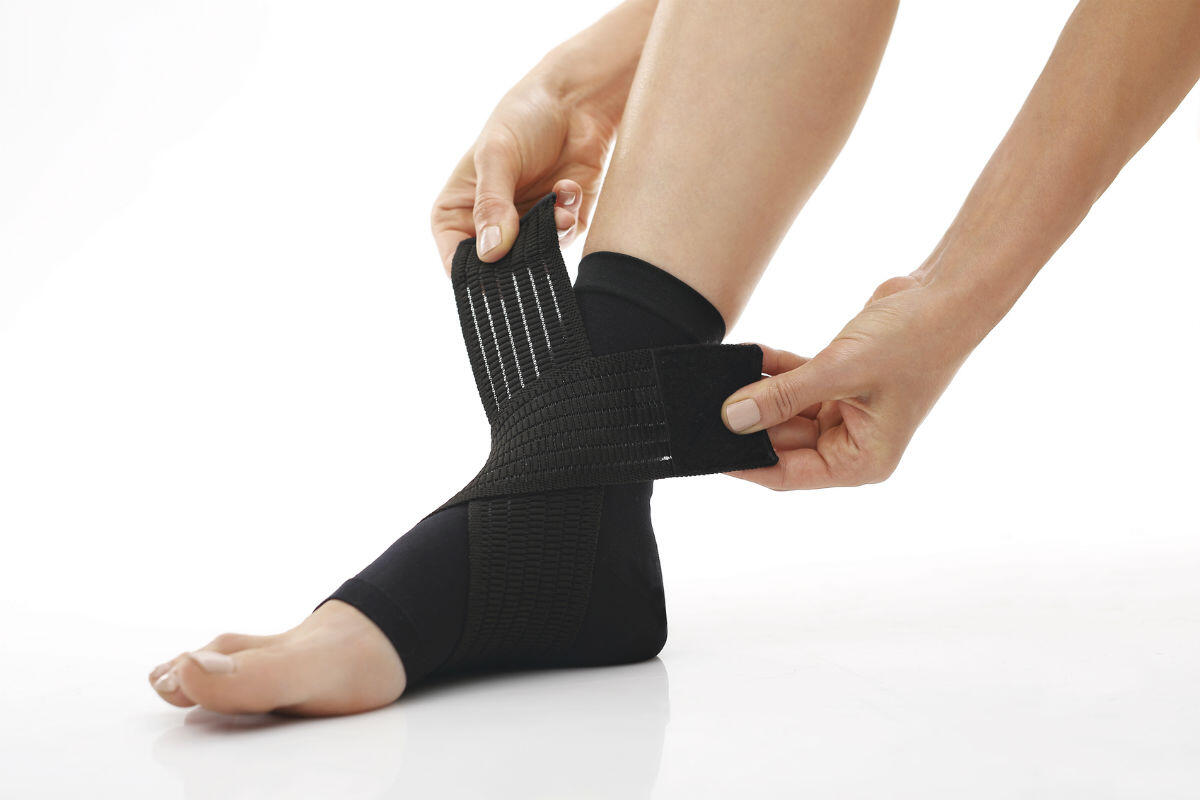If you have suffered a stress fracture injury at work, you may be entitled to workers’ compensation benefits.
 Stress fractures are very small cracks in a bone caused by repetitive force, such as repeatedly jumping up and down or running long distances. If you have suffered a stress fracture injury at work, you may be entitled to workers’ compensation benefits. However, obtaining benefits may not be as simple as you think and you may need the help of a St. Louis workplace accident attorney.
Stress fractures are very small cracks in a bone caused by repetitive force, such as repeatedly jumping up and down or running long distances. If you have suffered a stress fracture injury at work, you may be entitled to workers’ compensation benefits. However, obtaining benefits may not be as simple as you think and you may need the help of a St. Louis workplace accident attorney.
Work-Related Stress Fractures
In most cases, stress fractures affect the weight bearing bones of the foot or lower leg. More than 50 percent of all stress fractures occur in the lower leg. Stress fractures in the lower back are also common. A stress fracture that occurs in the lower back is known as lumbar spondyloysis, a condition when a very small crack occurs in the spine.
A stress fracture may result from repetitive stress or from a greater amount of force than the bones of the lower legs, feet, or back can normally bear. This force creates an imbalance between the growth and reabsorption of bones that normally occurs. When the bones are reabsorbed faster than they are replaced, bone fatigue may occur. Repetitive force can then cause the bone to develop tiny cracks, resulting in a stress fracture.
At Risk for Work-Related Stress Fractures
Athletes are prone to developing stress fractures, because of the repetitive stress of the foot striking the ground or any other surface. However, a stress fracture can also be work-related. If a job involves stress to the lower legs, back, or feet from carrying, lifting, or moving, a worker may be susceptible to developing stress fractures.
Signs of a Stress Fracture
The most common sign of a stress fracture is a pain that worsens with activity and subsides with rest. Initially, an injured worker may not feel too much pain; however, the pain will gradually become worse. The pain will originate from a specific spot and there may be some swelling in the area.
In order to diagnose a stress fracture, a doctor will perform a physical examination and check your medical history. An X-ray, bone scan, or magnetic resonance imaging (MRI) is often used to diagnose a stress fracture. Treatment may involve rest and wearing a brace or using crutches to give the bone time to heal. In serious cases, surgery may be required.
Workers’ Compensation Benefits for Stress Fractures
If you believe your stress fracture is work-related, find out if you qualify for workers’ compensation benefits. If you face any hurdles in getting your rightful benefits, seek help from a St. Louis injured worker attorney. Call The Law Office of James M. Hoffmann at (314) 361-4300 for a free consultation.
